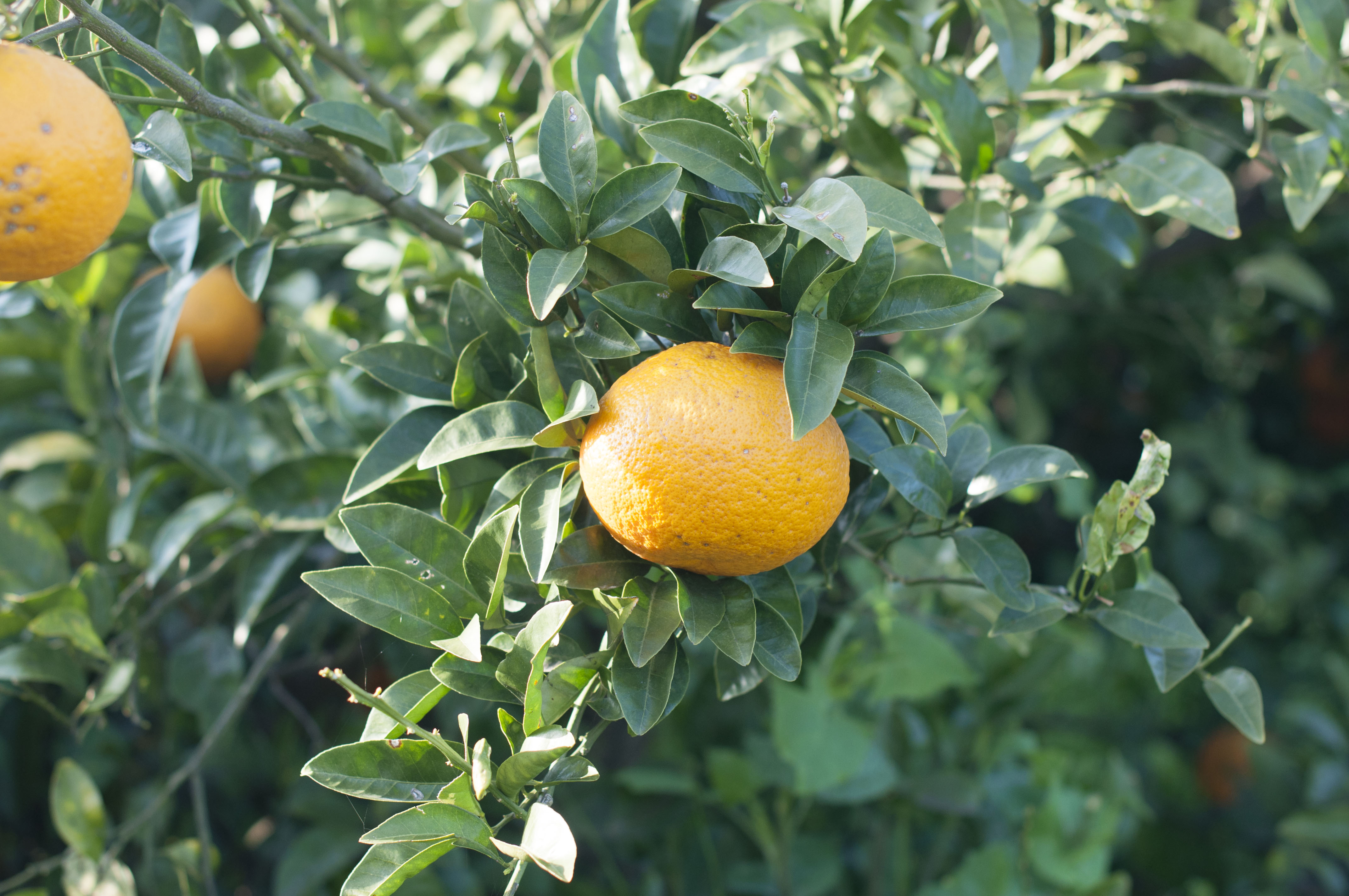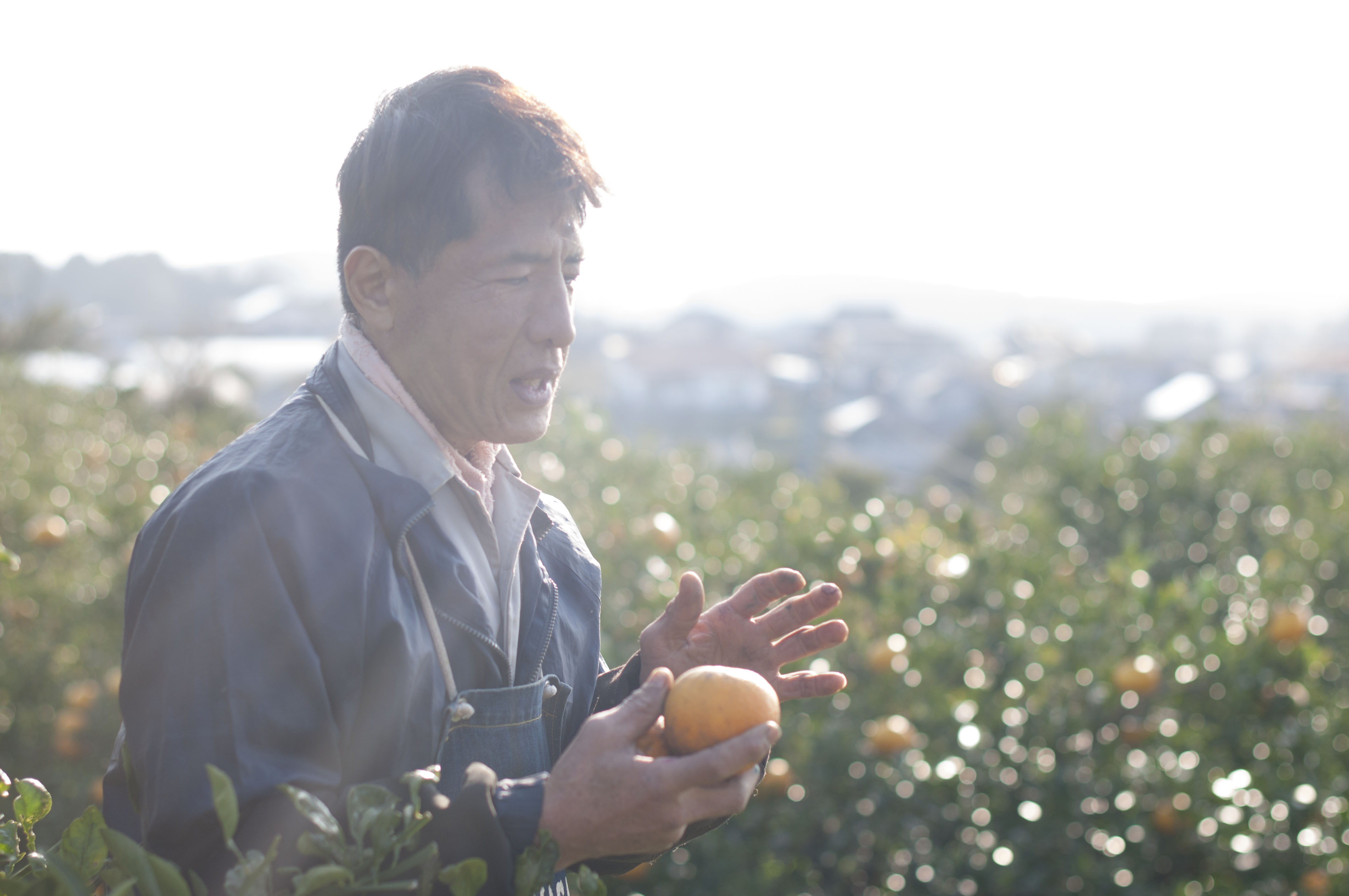[Purely Original] Sweet Summer Marmalade
[Purely Original] Sweet Summer Marmalade
Couldn't load pickup availability
Purely Original Sweet Summer Marmalade

Our own manufactured sweet orange marmalade is back again this year in limited quantities!
Amanatsu has a unique refreshing fragrance and slightly bitter taste that is different from other citrus fruits. The marmalade, which is made by boiling the peel together with the fruit, spreads the fragrance with every bite, and it feels luxurious to be able to enjoy Amanatsu when the fruit is not available.

Jam making is a simple process, but the way the pectin is extracted from the fruit, the degree of reduction, and the proportion of ingredients are all very important. The fruit is candied and left to sit for a few hours until it thickens sufficiently. Then, it is carefully simmered over low heat to allow it to thicken naturally.
Most jams contain the additive pectin to thicken them, and may contain antioxidants instead of lemon juice.

Purely's original jams are made with time and effort, taking full advantage of the pectin contained in the fruit. They also use mineral-rich organic sugar with a refined sweetness, and naturally grown lemon juice to prevent oxidation and tighten the sweetness.
Made with 100% "tree-ripened sweet oranges" from Fukushima, Minamata, Kumamoto Prefecture

Fukushima Yuji, who provided us with the precious Amanatsu this time, runs a citrus farm that has been in operation for generations, and has been growing many varieties of citrus fruits using natural cultivation methods for over 15 years.
Minamata City in Kumamoto Prefecture has a history of the " Minamata disease problem ," which was officially recognized in 1956 , but it is also an environmentally friendly city that has faced the problem as a whole region and achieved recovery.
As a result, many farmers have been working on environmentally friendly agriculture in recent years, and Fukushima is leading the way among them as a pioneer.

When I visited them for an interview this spring, it was clear from the fields that they continued to try and be creative, even when they failed, and were sincerely committed to fruit cultivation.
Apparently there is no place in this area that allows sweet oranges to ripen to perfection on the tree.
Generally, since the fruit is easily affected by cold waves, harvesting takes place between January and December , and the fruit is then bagged to ripen before being shipped in March .
To allow the fruit to fully ripen on the tree requires continuous care and a lot of effort, but we choose to leave it in its natural state and harvest it from the tree just before shipping.
"The priority is safety, then taste, and finally appearance."
Consumers are often unaware that a lot of pesticides are being used, and so they tend to prioritize "appearance," "taste," and "safety," in that order. However, Fukushima feels that the order of importance is the opposite: "safety, taste, and appearance."
Wild boars and deer eat the fruit and are cruelly killed by being trapped in cages. However, Fukushima never kills them and instead takes the labor-intensive measure of installing electric fences.
In addition, they took measures to protect against the oak longhorn beetle, which kills trees, such as wrapping netting around the base of each tree individually to prevent the beetle from laying eggs.
Plastic greenhouses and flood pipes will later become waste and ultimately be used because they place a large burden on the environment.
The sweet orange trees, lovingly tended to, looked very healthy and sturdy, and the fruit looked as if it was happily bearing fruit.
Fukushima told us, "Knowing that there are people who will eat the produce and people who will sell it gives me the motivation to produce. Even if I get greedy and increase my income, there's nothing I want to buy, so I just eat what I can harvest. But when I see the fruit ripening, I don't want to waste it."
Due to these circumstances, this year for the first time we have produced our own sweet orange marmalade.
Please try it.
商品ロット
商品ロット
15
Varieties
Varieties
Producer
Producer
Producing area
Producing area
Farming method
Farming method
No pesticides or fertilizers used
Species Information
Species Information
Fruit trees
Size and Capacity
Size and Capacity
100g
raw materials
raw materials
Amanatsu (from Kumamoto Prefecture), organic sugar (from Argentina)
![[Purely Original] Sweet Summer Marmalade](http://online.rootspurely.com/cdn/shop/products/fd430834b3018c4c9ecb5c5307765b00.jpg?v=1687237631&width=1445)
![[Purely Original] Sweet Summer Marmalade](http://online.rootspurely.com/cdn/shop/products/54717de149260a35ac4bad8079919e16.jpg?v=1687237638&width=1445)
![[Purely Original] Sweet Summer Marmalade](http://online.rootspurely.com/cdn/shop/products/e0afa081f1b79658b944bb1b7a2ecb2c.jpg?v=1687237638&width=1445)
![[Purely Original] Sweet Summer Marmalade](http://online.rootspurely.com/cdn/shop/products/e819a56a1343743dfbc511400a10131d.jpg?v=1687237638&width=1445)




